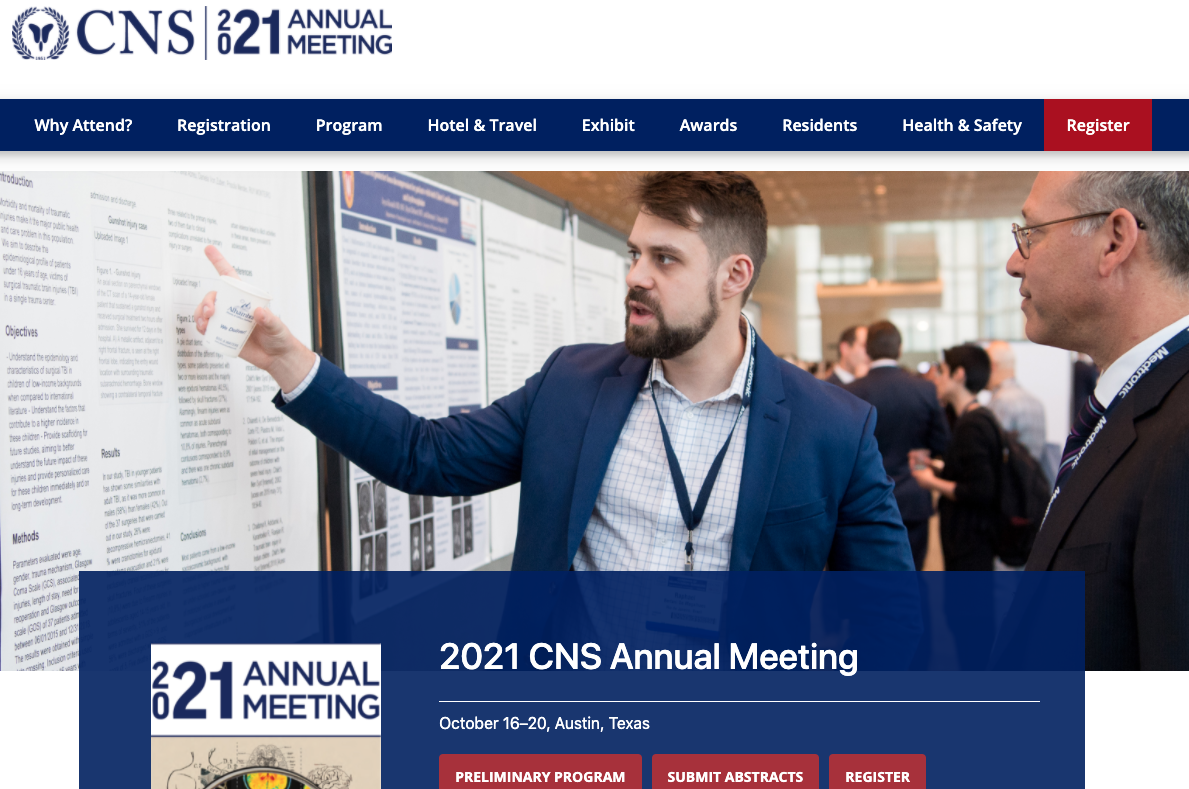X
X
Leaving Community
Are you sure you want to leave this community? Leaving the community will revoke any permissions you have been granted in this community.
No
Yes
X
NIH Plan for Increasing Access to Scientific Publications and Digital Scientific Data
NIH Plan for Increasing Access to Scientific Publications and Digital Scientific Data
The NIH put out a plan to increase access to scientific data.What do they really mean and what does this mean to researchers?
Researchers have been asked to provide PubMed Central PMC identifiers in grant applications and this single requirement has pushed authors to submit their papers to PMC and many journals do this as a matter of fact leading to a large corpus of publications that are fully searchable texts. I think that researchers are now familiar with this process and see the benefit, as I do when I am at home and need to look up a piece of information from my old paper that a publisher tries to charge me $36 to find.
What happens to data and what is meant by data?
Will authors need to submit all of their supplementary data files to PMC?
Perhaps not, some wording in the document from the NIH shows that they know that data is not homogeneous. They recognize that they can't handle the diversity in a good way without working with existing repositories.
They point out that data should be FAIR:
Findable
Accessible
Interoperable
Reusable
This is known as the FAIR standard.
They also state:
"A strategy for leveraging existing archives, where appropriate, and fostering public- private partnerships with scientific journals relevant to the agency’s research; Encourage public-private collaboration; Encourage public-private collaboration to ... otherwise assist with implementation of the agency plan; Ensure that publications and metadata are stored in an archival solution that... uses standards, widely available and, to the extent possible, nonproprietary archival formats for text and associated content (e.g., images, video, supporting data)."
So will there be a set of repositories that are "approved" community standards? Will the NIH have a box for grantees to put in their community repository IDs?
Seems like a good direction!
For now, NIF has a very large list of repositories that will house your data.
Try this registry search.
There are over 1000 that respond to the query, but which one or which ones can you use?
It does not seem that the NIH is willing to be proscriptive, so it will be left to individual communities to rally around repositories that best serve them.
For now, NIF just aggregates the information around these and attempts to make them findable (the F in FAIR).
X









